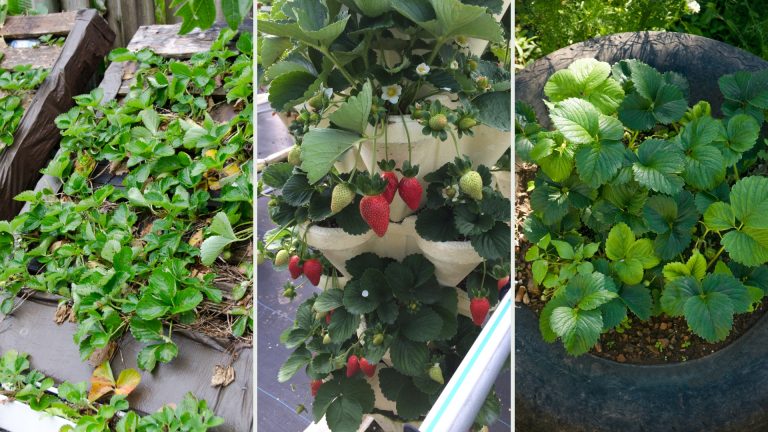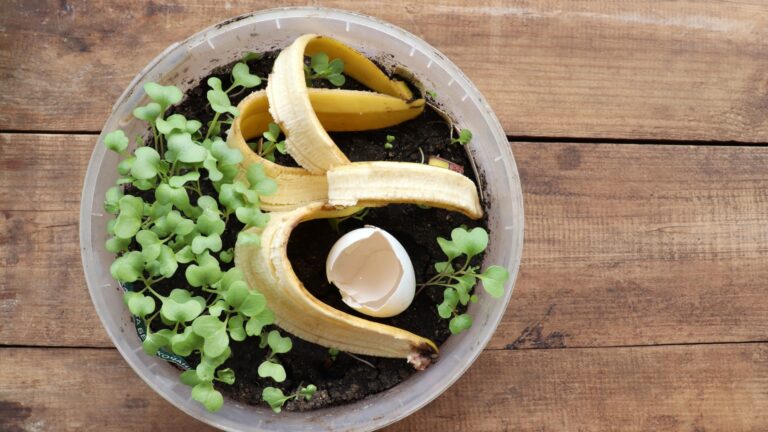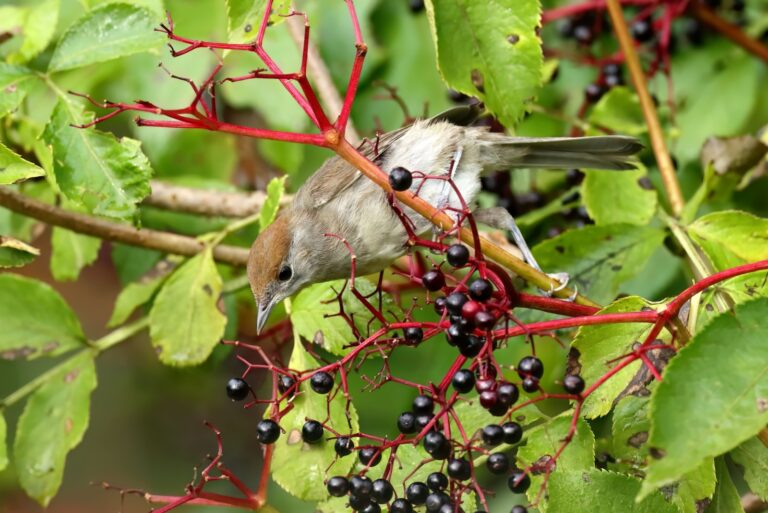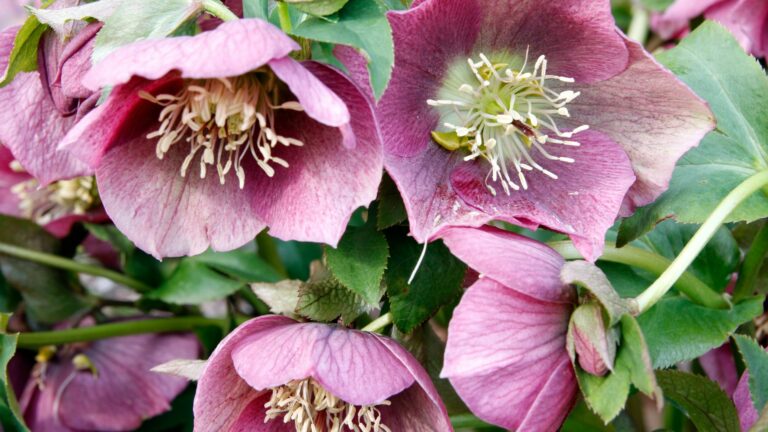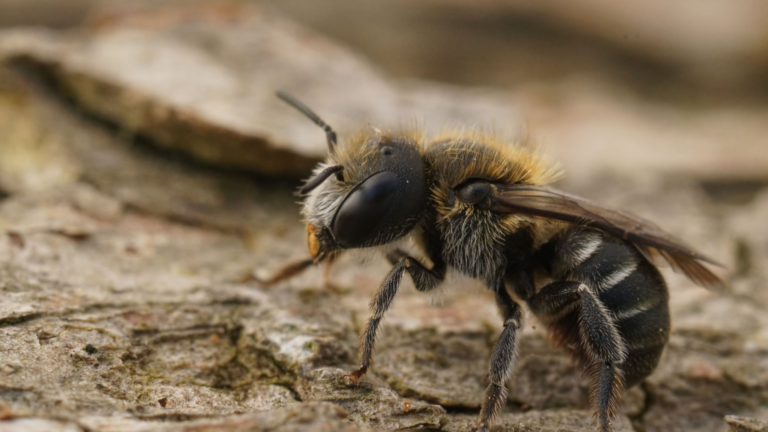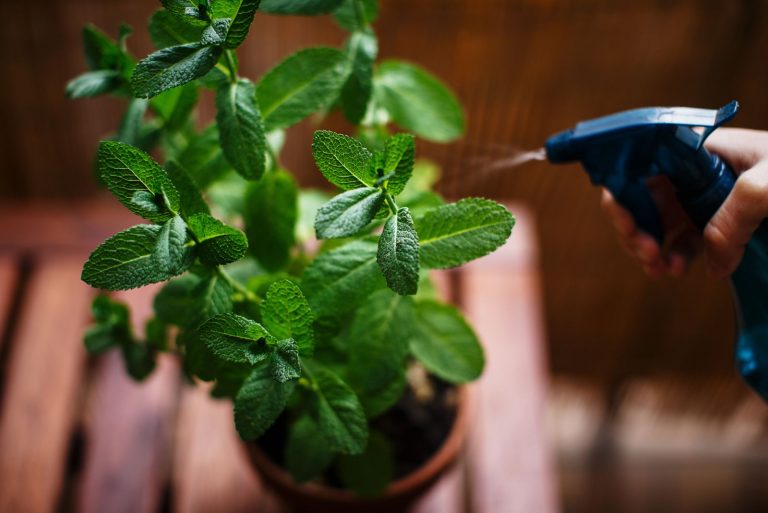How Slow Gardening Became A Calming Practice For Many Portland Gardeners
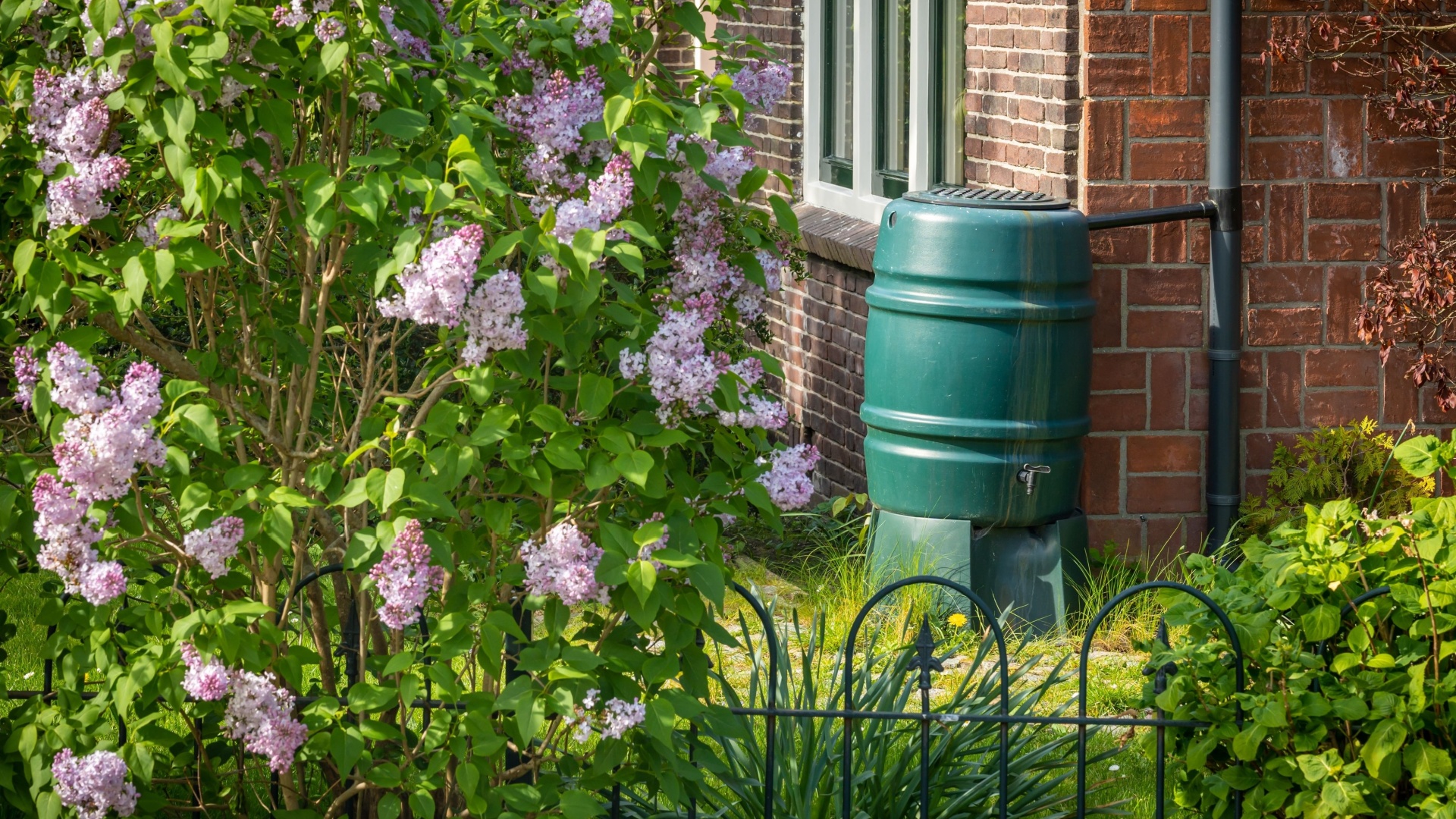
In Portland’s fast-paced urban landscape, a gentle revolution is taking root. Slow gardening has blossomed into a mindful practice that helps locals reconnect with nature and find peace in their own backyards.
Portland gardeners have embraced this unhurried approach, creating green sanctuaries that nurture both plants and people.
1. Embracing Local Seasons
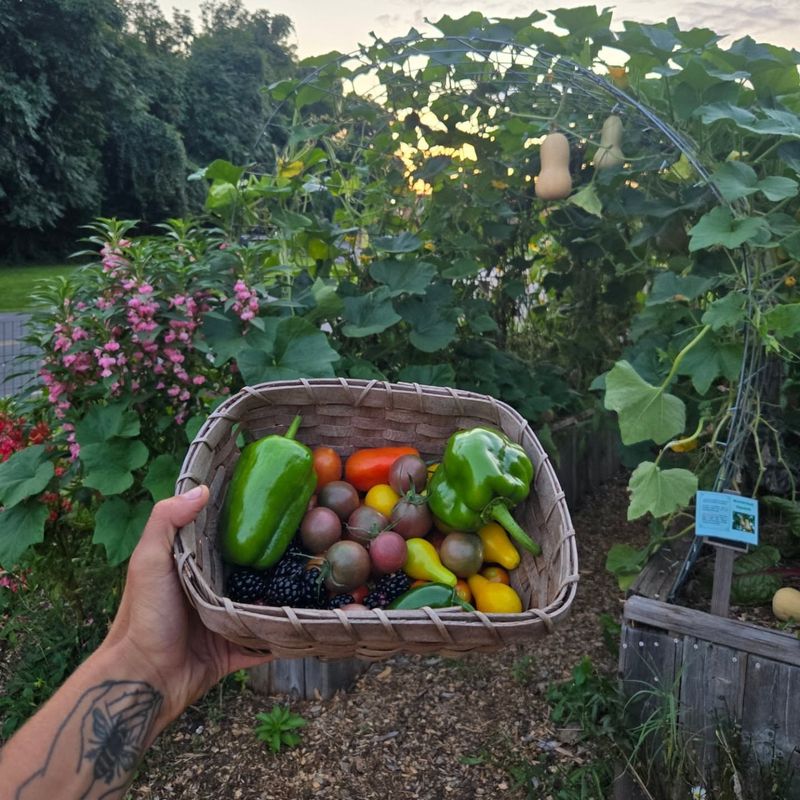
Portland gardeners discovered that working with—not against—the Pacific Northwest’s unique climate brings unexpected joy. Instead of fighting nature’s timeline, they’ve learned to celebrate each season’s offerings.
Rain-soaked winters become planning periods. Spring’s gradual warming signals seed-starting time. This rhythm creates a natural pace that eliminates the stress of forcing growth against natural cycles.
2. Community Seed Swapping
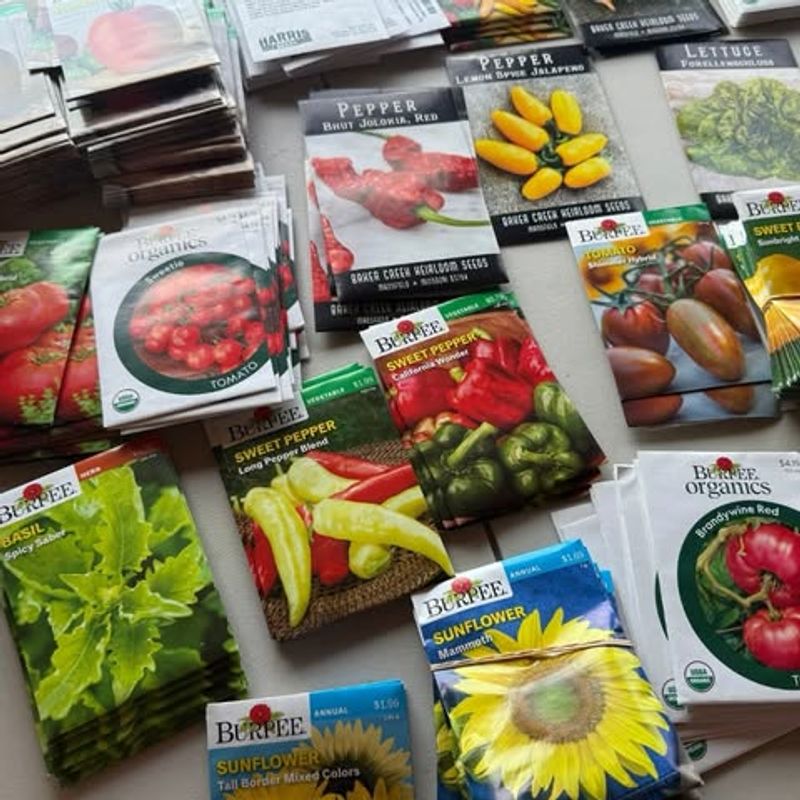
Neighborhood seed exchanges transformed gardening from a solitary hobby into a community celebration. Portland’s numerous seed libraries and swapping events foster connections between gardeners of all experience levels.
Passing heirloom varieties between neighbors creates living history in garden beds across the city. The practice encourages storytelling and relationship-building while preserving botanical diversity unique to the region.
3. Mindful Weeding Sessions
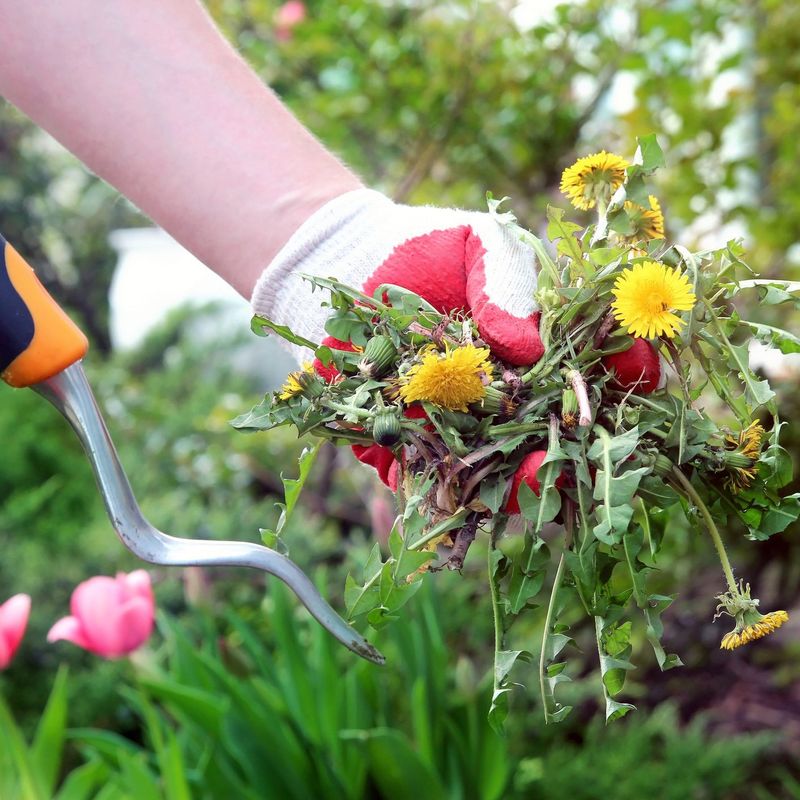
What was once considered a tedious chore has evolved into a form of moving meditation. Portland gardeners now approach weeding as an opportunity to slow down and connect with their garden ecosystem.
Many report that the repetitive motion of carefully removing unwanted plants brings mental clarity. The focused attention required helps quiet racing thoughts, creating a peaceful break from digital distractions and workplace pressures.
4. Rain Garden Appreciation
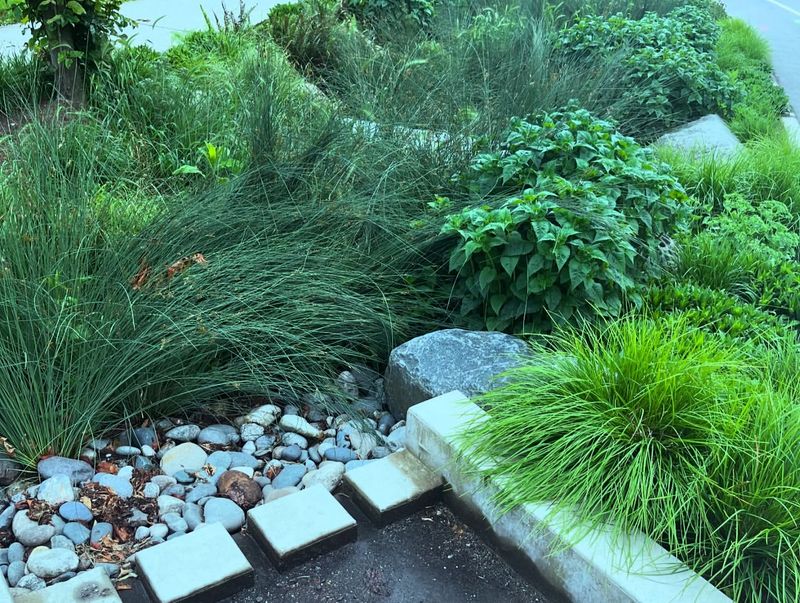
Portland’s famous rainfall inspired a shift toward celebrating water rather than fighting it. Gardeners now design spaces that capture rainwater, creating habitat while managing stormwater runoff.
Watching rain collect in carefully designed basins becomes a calming ritual during Oregon’s wet months. Native plants like rushes and sedges thrive in these conditions, bringing texture and movement to gardens while requiring minimal maintenance.
5. Garden-to-Table Rituals
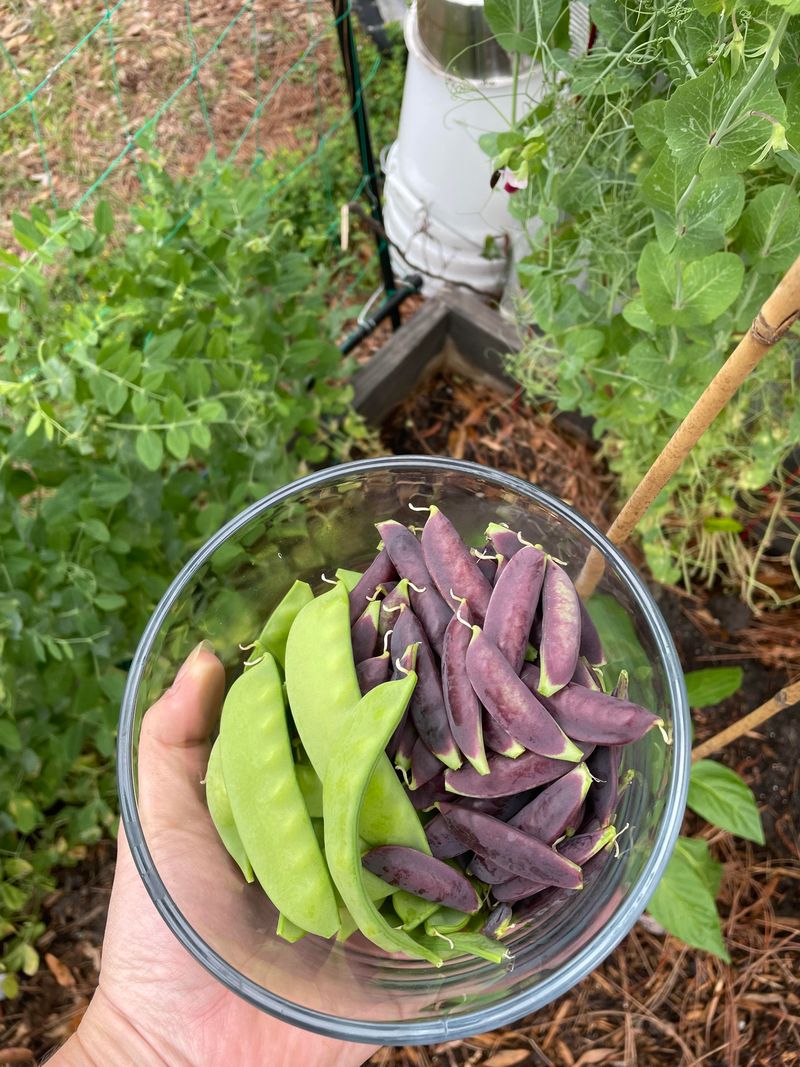
Harvesting home-grown produce evolved beyond mere food collection into meaningful ceremonies. Portland gardeners report profound satisfaction in the simple act of gathering herbs or vegetables moments before cooking.
The sensory experience of smelling freshly picked basil or feeling soil-dusted potatoes connects gardeners to ancestral traditions. Many families now incorporate children into these rituals, teaching patience through the entire growing-to-eating cycle.
6. Wildlife Watching Pauses
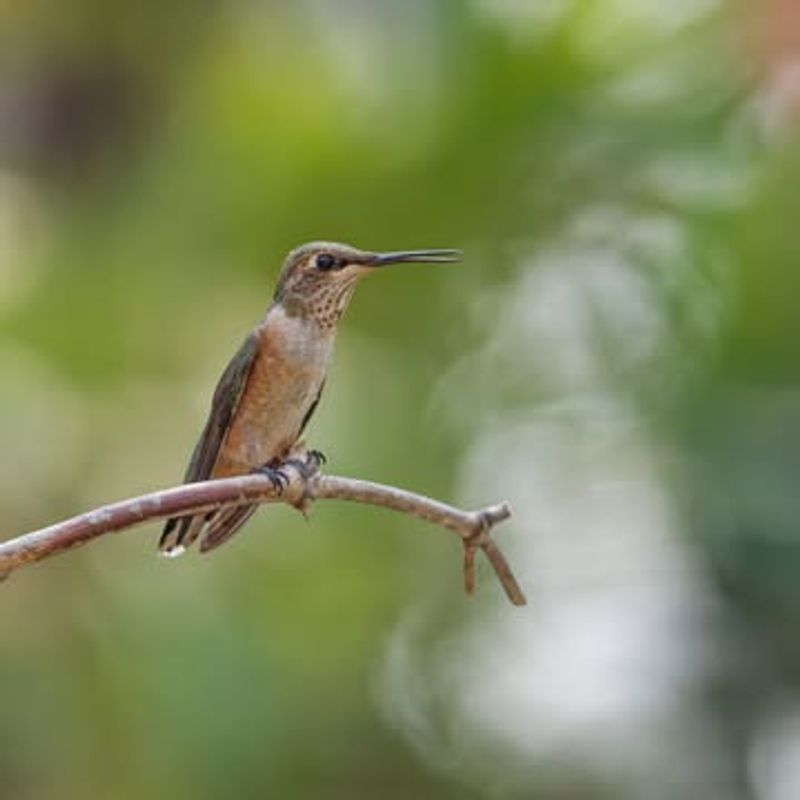
Garden benches and seating areas have become essential features in Portland’s slow gardens. These designated observation spots encourage gardeners to regularly pause their work and simply watch.
Hummingbirds, butterflies, and beneficial insects provide endless entertainment and education. Many gardeners keep nature journals beside their resting spots, recording seasonal visitors and plant interactions, creating a meaningful record of their garden’s living community.
7. Hand Tool Renaissance

Noisy power equipment has been replaced with quality hand tools that connect gardeners directly to their work. The satisfying weight of a well-made trowel or the smooth handle of a hand pruner provides tactile pleasure missing from mechanized gardening.
Local woodworkers and artisans now craft custom garden implements for Portland’s slow gardening community. Many gardeners report that hand tools force them to work at a sustainable pace, preventing the physical burnout that often accompanies garden marathons.
8. Moon Phase Planting
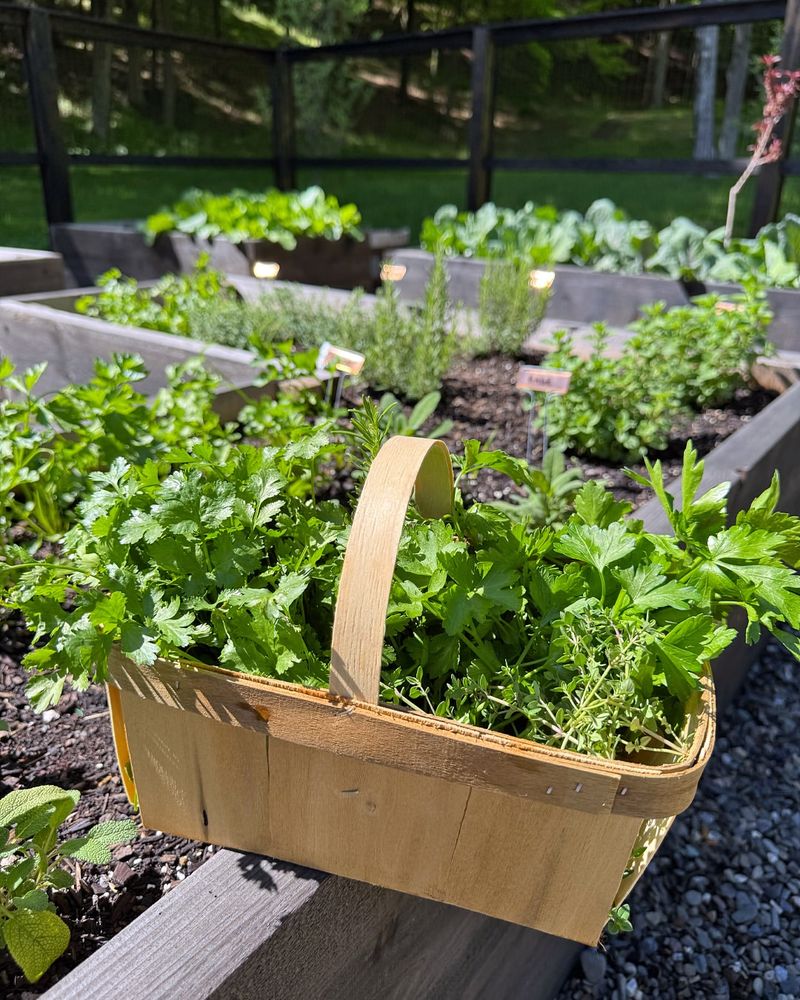
Ancient agricultural wisdom has found new followers among Portland’s slow gardeners. Many now consult lunar calendars before planting, believing that the moon’s gravitational pull affects seed germination and plant growth.
Whether scientifically proven or not, this practice encourages gardeners to look skyward and reconnect with celestial rhythms. Planning garden activities around moon phases naturally extends the timeline of projects, preventing the rushed feeling of conventional gardening approaches.

